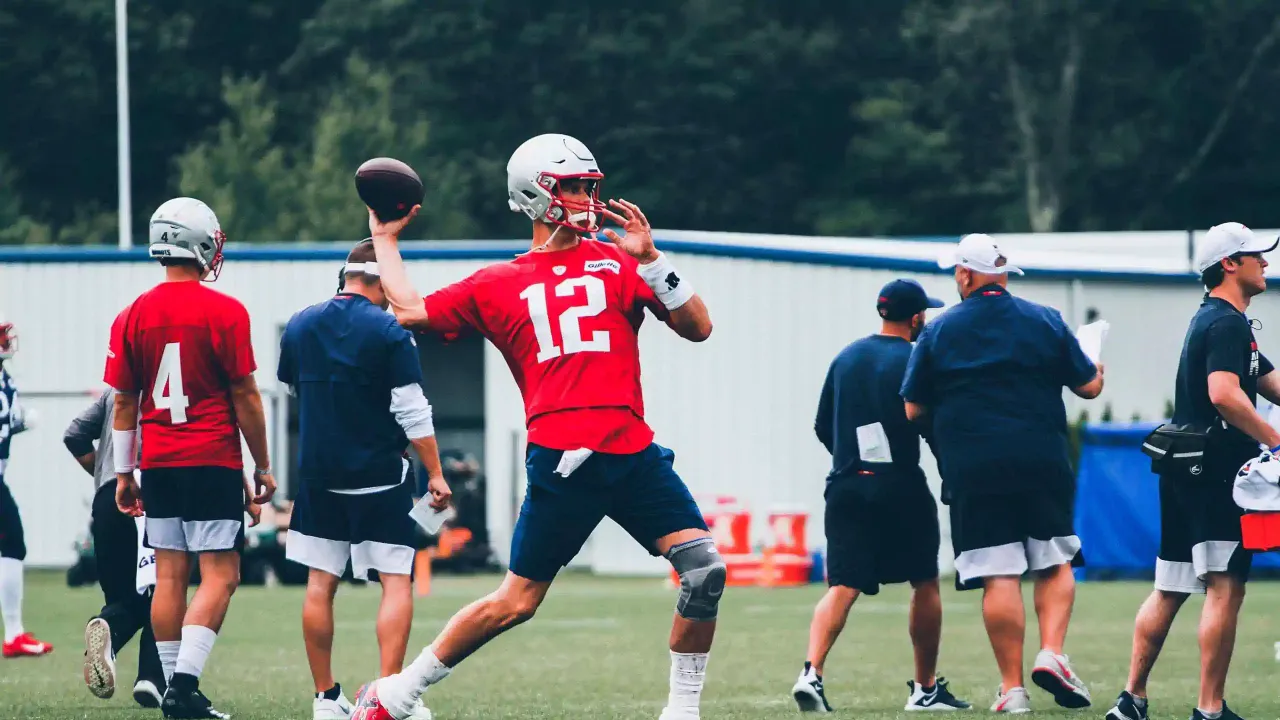Data Engineering & Data Quality
Good data engineering and data governance provide a solid framework for informed decision-making, driving innovation, and achieving business goals. Data engineering involves cleaning, transforming, and standardizing data prior to analysis, ensuring more reliable insights and decision-making. Data governance establishes rules for data quality, reducing errors and inconsistencies in the data.
Today, organizations are often faced with an overwhelming amount of data. Unfortunately, this data is often siloed, making valuable information unavailable for effective business decision-making. Biocore transforms large, often previously unusable data systems into cloud-based data lakes and API streams, providing information where it is most needed.
















